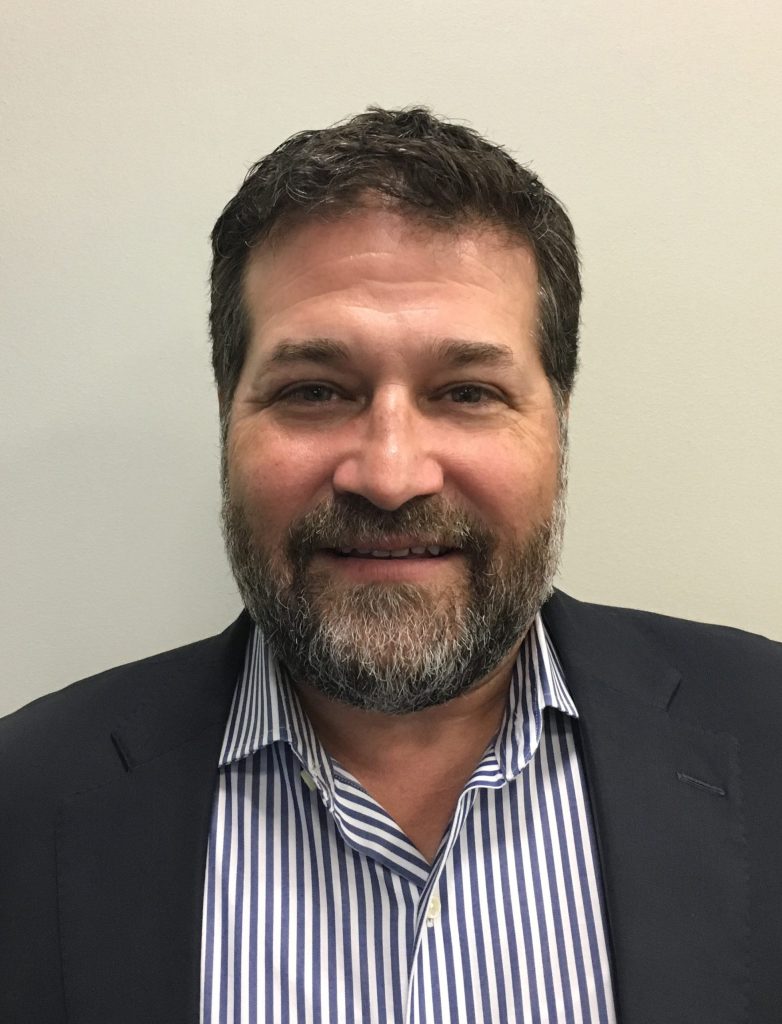President appointed at Chiron America Inc.
President appointed at Chiron America Inc.
Dr. Markus Flik, CEO, Chiron Group recently announced the appointment of Steve Morris as Chhiron America's new President and Chief Executive Officer effective immediately.

Dr. Markus Flik, CEO, Chiron Group recently announced the appointment of Steve Morris as Chhiron America's new President and Chief Executive Officer effective immediately. Chiron America is a unit of Chiron Group, Tuttlingen Germany, a leading designer and builder of advanced vertical milling and turning centers and flexible machining systems.
With over 30 years of business development experience in production systems and technical services, Steve brings a wealth of customer-focused direction and strategy to Chiron America. Having previously served in leadership positions with Husky Injection Molding Systems and Milacron, his contributions have been fundamental in creating lasting models for success within both organizations. Steve's accomplishments and diverse executive background make him an ideal fit for Chiron America's strategic vision and next stages of growth. He holds an MBA in Strategic Management from Niagara University, New York.
"This new direction in North American leadership is an extension of the many Chiron Group cultural changes that have been implemented globally," Dr. Flik said. "We're now seeing the positive impact of these changes, in the form of new product and technological innovations, state-of-the-art facilities worldwide, increased service and support capabilities, and strengthened customer relationships. Throughout the rich history of our company, we've never been better positioned to ensure the continued manufacturing success of each individual customer."





